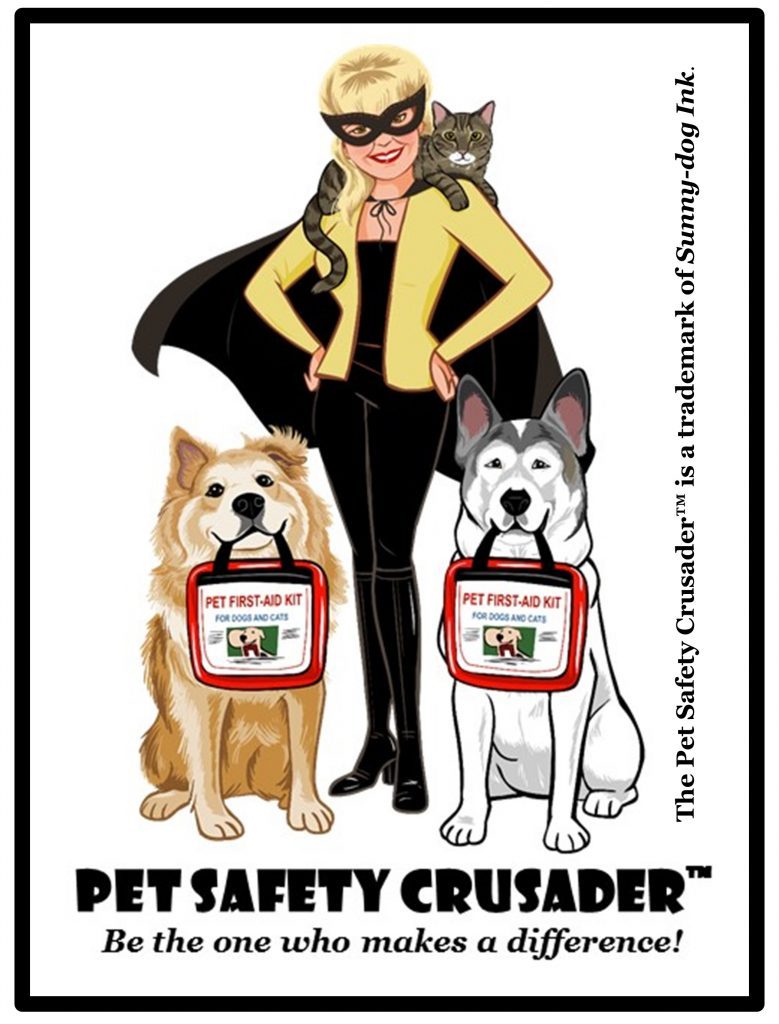What are the signs of heat stroke in dogs?
According to Ohio State University’s College of Veterinary Medicine, “If left untreated, heat stroke can cause serious damage to organs and may lead to seizures, shock, collapse, coma, and death.” Dogs do not have the same cooling mechanisms humans do. They do not sweat, they pant and use a temperature exchange called convection to cool the body by exchanging the warm body temperatures for the cooler air outside. If the outside air is just as hot as the dog’s body temperature, the dog will be unable to cool itself.
What are the signs of heat stroke in dogs?
- Excessive panting
- Increased heart rate
- Drooling
- Bright red tongue/gums
- Pale gums
- Thick saliva
- LethargyWeakness
- Dizziness
- Vomiting (sometimes with blood)
- Diarrhea
If left untreated, seizures, coma, cardiac arrest, and death can occur.
What should I do if my dog is suffering from heat stroke?
First, move your dog immediately from the heat. Transport your dog to your veterinarian immediately. While transporting, it is important to lower your dog’s temperature by placing cool, wet towels under the front legs in the armpit area, on the back of the neck, and in the groin area. Placing your dog in front of a fan to help move the air around him. Never submerge your pet is ice water, cooling your pet too quickly can cause life-threatening medical conditions. Monitoring your dog’s temperature rectally is very important! Once the body temperature is 103ºF, your can stop the efforts to cool your dog down. Remove wet towels, turn off fans, and dry your dog off so your dog’s body temperature does not get too low. Even if your dog is no longer panting and its temperature is normal, a trip to the veterinarian is still needed to ensure your dog is not dehydrated or is suffering from other complications. Have cool water available for your pet to drink at their leisure during the cooling process and after their body temperature is regulated.
How can heat stroke in dogs be prevented?
Provide your dog access to fresh cool water. Never leave your pet in a hot parked car, the temperature inside a parked car can escalate to 140 degrees quickly. Make sure when outside your dog has access to shade and avoid places like the beach, areas in direct sunlight, or areas covered in concrete where heat is reflected. On hot days limit outdoor exercise. Keep your dog inside in the air conditioning. Provide frozen bottles of water under bedding and towels for your pet to lay on.
If you suspect your dog is suffering from heat stroke, do not hesitate. Take your pet immediately to the veterinarian.




















